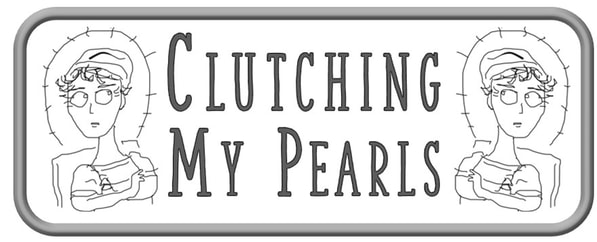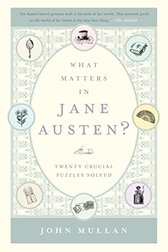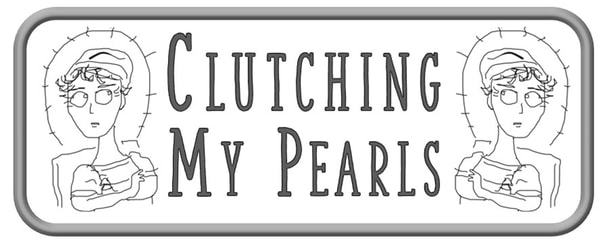| Modern readers who love Jane Austen are eager to find ways to acquit her of being a woman of the long 18th century. Clutching My Pearls is my ongoing blog series about my take on Jane Austen’s beliefs and ideas, as based on her novels. Click here for the first in the series. |
| “The hair was curled, and the maid sent away, and Emma sat down to think and be miserable.” | In my previous post, I talked about how servants were a fact of life for Jane Austen, and looked at how she used them in her novels. Here I look at the reality of living with servants. The gentry literally could not function without servants. They were a vast and silent army. At least one in ten and probably more people worked as servants in Austen’s time. If you went on vacation, you took your servants with you. How did John and Isabella Knightley and their five children and their servants get to Hartfield with only one carriage? They didn’t. The servants and some of the children went by coach and were met somewhere between London and Hartfield by Mr. Woodhouse’s carriage and driver, who brought them the rest of the way. Austen actually clears up this little detail: |
In Austen Years: A Memoir in Five Novels, Rachel Cohen notes that in Austen, many important conversations are had, and many resolutions occur, when the characters are walking outside.
Since Austen’s characters share their homes with servants, it’s not surprising that they resort to country lanes and shrubberies for important conversations...





 RSS Feed
RSS Feed